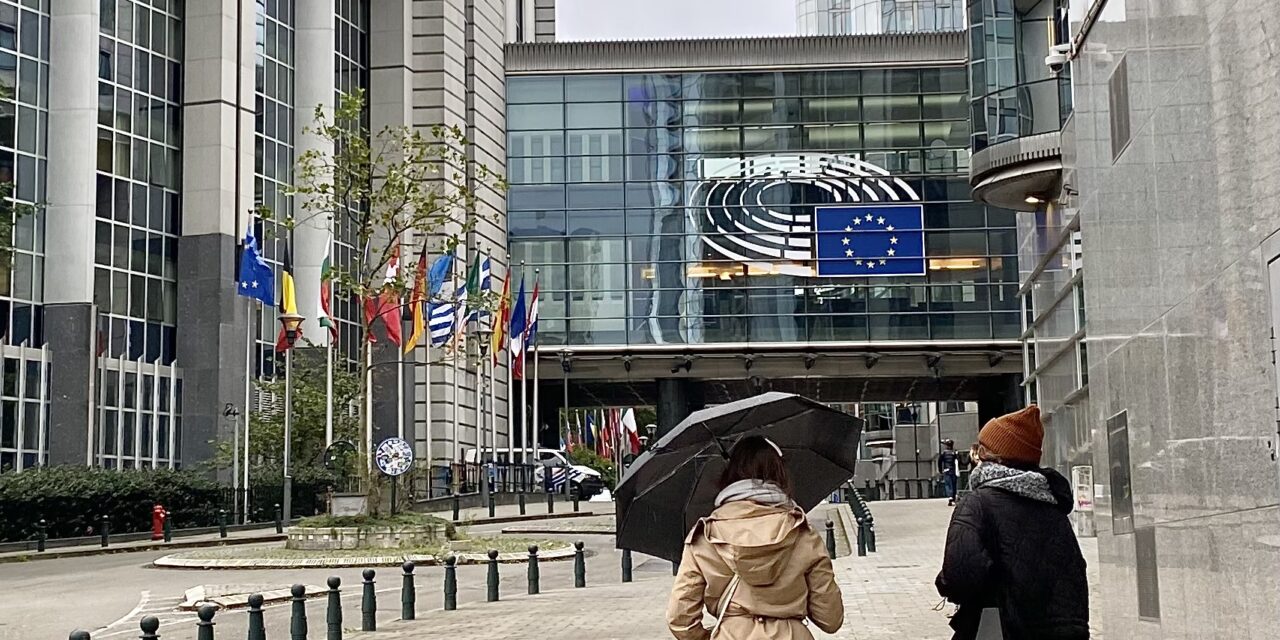The Socialist Workers’ Party and the People’s Party, Spain’s two major political forces, reached an agreement last October to renew four of the five institutional bodies that were blocked. However, the General Council of the Judiciary (CGPJ) was not a part of this deal, despite the repeated insistence of Brussels.
The CGPJ guarantees the independence of judges in their professional practice. To elect its twenty members (twelve must be judges or magistrates and eight lawyers or jurists), the approval of three fifths of both the Congress and the Senate is required.
One of the proposals put forward by the coalition Government in 2020 was that if there was no consensus in the first vote, it would only be sufficient to reach an absolute majority in the second vote. This would imply a reduction in the percentage of deputies and senators needed to elect the members of the Council, whose term of office lasts five years and cannot be repeated.
With this measure, they pretended to end the blockage of the organ, which has now been paralyzed for three years due to a lack of resolution. However, Pablo Casado, People’s Party leader, alerted the European institutions of the Government’s intentions in the European People’s Party Summit celebrated in Brussels. Since then, the national and international warnings and demands increased, and the Socialist Party had to withdraw the proposal.
According to a European Commission official: “For the Commission, what is important is that nominations of the members of the Council for the judiciary is addressed as a matter of priority, and that the nominations system is brought in line with European standards to ensure that judicial independence is not compromised.”
Even though in Spain the judges are elected by the Parliament, the European standard defends that judges should be the ones to elect judges. This is the reason why the Commission is concerned about how this situation might affect the judicial independence, especially after the possibility of lowering the required majorities. The official states that “it would have increased the perception of the Council as vulnerable to politicization”, as the majority political force would have more power to choose.
In both the 2020 Rule of Law Report and in the 2021 Rule of Law Report, the Commission reiterated its concerns about the lack of renewal of the Council. Nevertheless, the recent renewal of the Ombudsperson, the Constitutional Court and the Court of Audits is defined as “a step in the right direction.” The EC also insists on the importance of consulting the Venice Commission of the Council of Europe on all important justice reforms.
In fact, the Council of Europe was pronounced again recently. In September, the Group of States against Corruption (GRECO) published a report in which it stablished: “A critical issue revolves around the selection system of the General Council of the Judiciary (CGPJ) and its perceived politicisation. This is no minor concern since the CGPJ is responsible for some crucial decisions in the judiciary, including the designation of top rank judges and discipline matters.” Besides, it recommended that judges be elected by their peers and that no political authority should be involved in the process.
https://soundcloud.com/user-940459203/beyond-the-borders-episode-1




